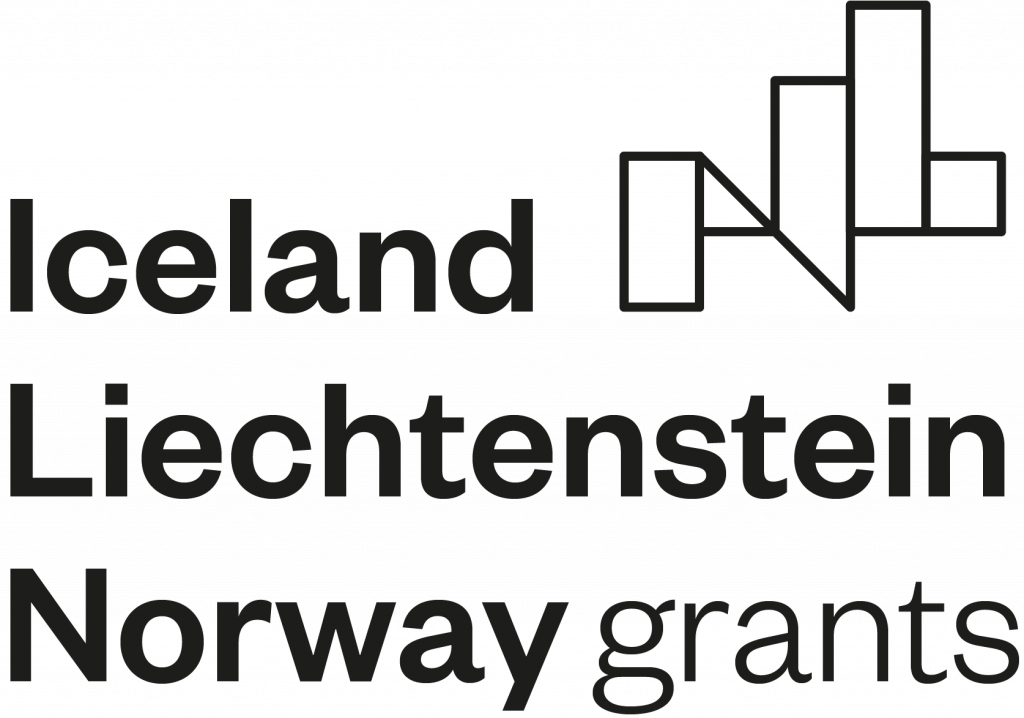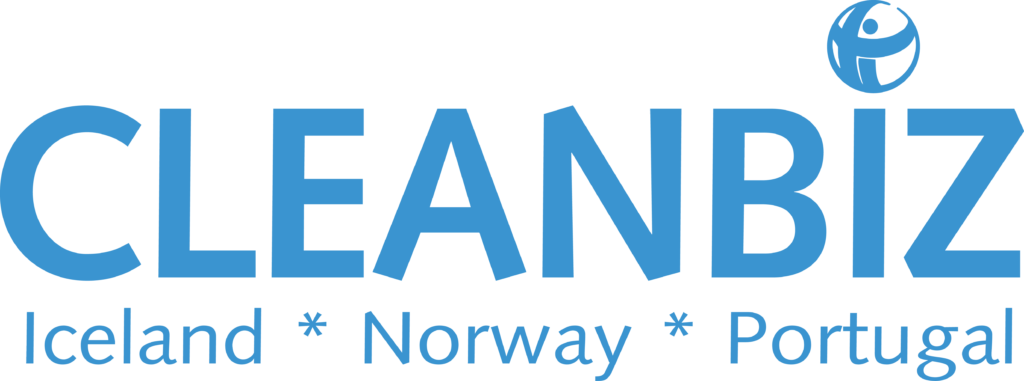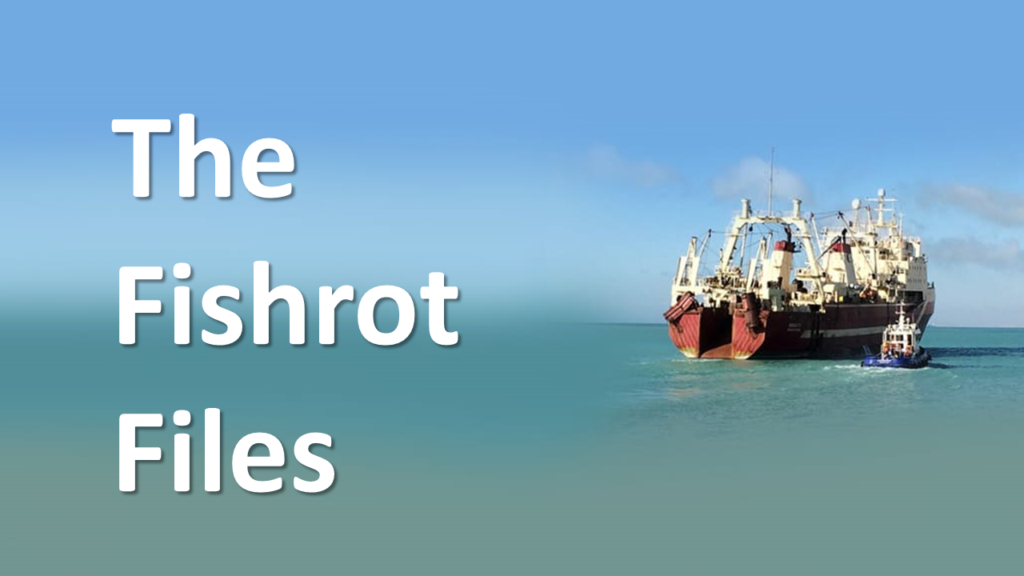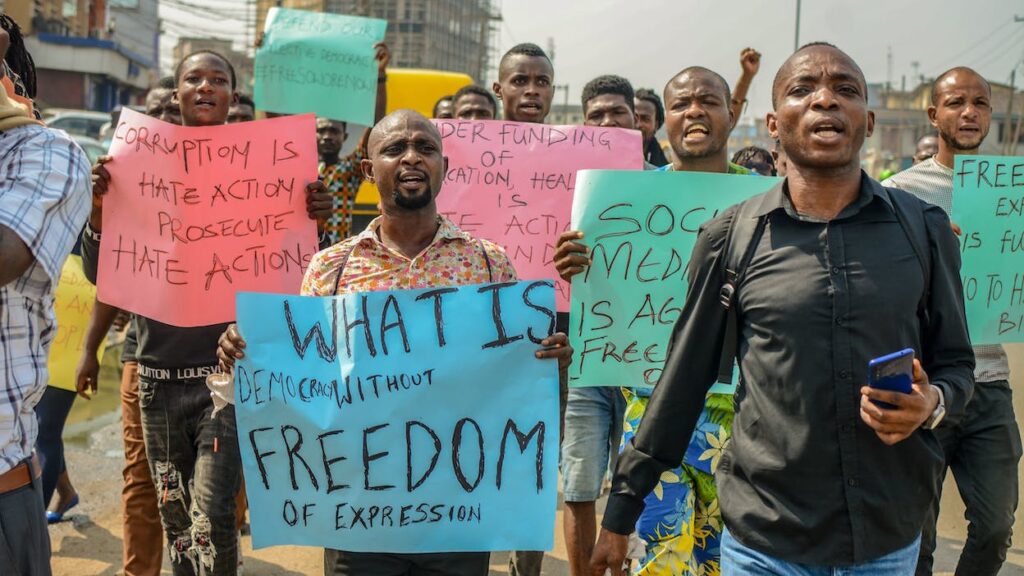
Best Practices Toolkit
The CLEANBIZ Best Practices Toolkit is specially curated for SMEs and Startups, namely the ones based in Iceland, Norway and Portugal.
It can be used together with the CLEANBIZ Self-Assessment Checklist.
It is a living document, and will be continuously updated over time, so don’t forget to stay tuned!
Companies face many compliance challenges which can turn out to be incredible damaging, not only for the companies’ reputation, but also lead to heavy fines and criminal charges that can completely derail their economic and financial viability.
Violations of the law have serious consequences both at home and abroad. Thus, knowing what’s at stake, as well as to prevent wrongdoing – such as bribery, money laundering or fraud – is the first step to assure compliance.
When it comes to international trade, it is even more critical for companies to adopt a responsible business conduct, because corrupt practices and human rights abuses are interlinked.
Corruption is not country-specific, but rather a transnational phenomenon that has devastating impacts on human rights, undermines the rule of law and the legitimacy of the State’s institutions and processes, and equally reduces business opportunities and the profitability of companies.
SMEs are known to be the driving forces of development in many countries, but especially in developing countries they are the ones assist the creation of employment, innovation, income generation and poverty reduction through enhanced competition and entrepreneurship.
But, quite often, they lack resources and know-how able to boost their integrity standars into proper business integrity programmes.
Understanding what's at stake
Corruption is a transnational phenomenon that has devastating impacts on human rights, undermines the rule of law and the legitimacy of the State’s institutions and processes, and equally reduces business opportunities and the profitability of companies. Thus, the first step in adopting a responsible business conduct is to recognize integrity as a core value that needs to be streamlined to all the company’s operations and incorporated by all company’s members into their day-to-day activities, regardless of the location
What is bribery in foreign trade?
Promising, offering or giving an undue advantage to a foreign public official or an official of a public international organisation, or the soliciting or accepting of one by such an official. This might happen directly or indirectly and be either for themselves or another person. The intention is that the official performs or refrains from performing their official duties so that the offender obtains or retains international business or another undue advantage.
Check
The Fishrot revelations, disclosed by whistleblower Johannes Stefansson, show how Icelandic fishing company Samherji paid millions of dollars, through tax heavens such as Cyprus and the Marshall Islands, to bribe high level officials in Namibia in exchange for trawling rights. With an annual turnover of $700 million, Samherji is one of the largest fishing companies in the world.
Watch Transparency’s International presenting the Exporting Corruption 2020, a research report that rates the performance of 47 leading global exporters, including 43 countries that are signatories of Organisation for Economic Co-operation and Development (OECD) Anti-Bribery Convention.
What are the impacts of corruption in Human Rights and Sustainable Development?
The Corruption Perceptions Index (CPI) 2021 published by Transparency Interntional revealed that corruption enables both human rights abuses and democratic decline, witch constitutes a major obstacle to sustainable development
Watch the CLEANBIZ Online conference discussing the obstacles and ongoing efforts to enhance business integrity though a human-rights based approach to anticorruption. Speakers: Peter Eigen, François Valérian and Gillian Dell
What are the rules and regulations in place?
Key International Standards
Universal Declaration of Human Rights
United Nations Convention Against Corruption (UNCAC)
UNODC Compendium of international legal instruments on corruption
ISO 37001 – Anti-Bribery Management Systems
US Foreign Corrupt Practices Act (FCPA)
Transparency, Anti-Corruption and Economic Modernisation Act (Sapin II Act – France)
National Anti-Corruption Regulations
The Portuguese Criminal Code sets forth three forms of bribes: unlawfully receiving an advantage, passive corruption and active corruption, all of which imply an advantage unlawfully given or received to or by an official.
Official, within the meaning of the Portuguese Criminal Code (article 286) is defined as “civilian official, administrative agent, arbitrator, jury and expert, and whoever, whether remunerated or not, temporarily or not, voluntarily or compulsorily, has been required to perform or to participate in the performance of an activity included in the public administrative or judicial function or, in the same circumstances, to perform or participate in public functions.”
Bribery and corruption are regulated in articles 372 (Unlawfully Receiving an Advantage), 373 (Passive Corruption) and 374 (Active corruption) of the Portuguese Criminal Code, in Law no. 34/87, of July 16 (Crimes of the Responsibility of Political Officeholders) and in Law no. 20/2008, of April 21 (Criminal Liability for Corruption Crimes in International Trade and Private Sector).
The National Anticorruption Strategy approved in April 2021 holds companies directly accountable for the crimes of improper offer of advantage and active corruption against public officials.
And the General Regime for the Prevention of Corruption, in force since June 2022, establishes that all companies with more than 50 employees are obliged to implement a system to prevent corruption and related offenses (such as bribery), which includes mandatory risk assessment and monitoring, setting up internal reporting systems (whistleblowing mechanisms), and providing training for all the staff according to the Code of Conduct.
References to keep:
Lei n.º 34/87, de 16 de Julho (Crimes de responsabilidade dos titulares de cargos políticos)
Lei n.º 20/2008, de 21 de Abril (Regime penal de corrupção no comércio internacional e no sector privado)
Resolução do Conselho de Ministros n.º 37/2021, de 6 de abril (Estratégia Nacional Anticorrupção 2020-2024)
Decreto-Lei n.º 109-E/2021, de 9 de dezembro (Mecanismo Nacional Anticorrupção e Regime Geral de Prevenção da Corrupção)
Check also TI Portugal’s Export Corruption webpage
The Norwegian Penal Code (§ 387) has three sections on corruption, covering:
- corruption
- gross corruption
- trading in influence
Both the person who offers an improper advantage (active corruption) and the person who accepts it (passive corruption) may be prosecuted for corruption under the Penal Code.
The Code criminalises:
- corruption involving Norwegian public officials and private actors
- corruption involving foreign public officials and private actors
- complicity in corruption
The provisions apply to Norwegian companies and citizens, but also to foreign companies and citizens residing in Norway, for corruption committed in Norway and abroad, regardless of whether the act is a criminal offence in the other country.
For more information on the Norwegian penal code, see TI_beskyttdinvirksomhet_eng_web.pdf (transparency.no), chapter 3.
To better learn about the regulations in place in other countries, please reach out to Transparency International National Chapters all over the world
Recognizing business integrity
It is a good start to familiarise you and your team with the principles inscribed in international standards against corruption and for the protection of human rights. This will help you embed your values and approaches into the fibre of your operations.
Watch the CLEANBIZ International Seminar.
Speakers: Inês Crispim Ribeiro (NOVA BHRE), Jóhannes Stefánsson, Whistleblower caso Fishrot (Islândia), Luís Pais Bernardo (CeSA/ISEG e FEUC), Jonas Ådnøy Holmqvist (Ethical Trade Norway), Julia Gracia (NOVA Compliance Lab) and João Paulo Batalha (Frente Cívica).
Anti-Corruption & Human Rights
Guidelines and Recommendations
UN Guiding Principles on Business and Human Rights
OECD Guidelines for Multinational Enterprises
OECD Due Diligence Guidance for Responsible Business Conduct
UN Global Compact’s Ten Principles
UN Global Compact’s Guiding Principles for Business and Human Rights
Transparency International’s Business Principles for Countering Bribery
Transparency International’s ABC Anti-bribery Checklist
International Chamber of Commerce’s Rules on Combating Corruption
Strengthening ethical conduct and business integrity: a guide for companies in emerging markets
Doing Business With Integrity: Stories from SMEs in Europe and Eurasia
Risk Mapping & Due Diligence
It’s very important to know the market and country specific corruption risk, as well as to perform due diligence correctly.
You can hire an anticorruption expert. There are specialized companies that assist compliance and due diligence in international trade. If your resources are scarce, you can reach out to NGOs, such as Transparency International National Chapters.
The ways you conduct due diligence might vary according to the resources you have at hand. For example, you can use:
OECD Due Diligence Guidance for Responsible Business Conduct (check Figure 1. Due Diligence Process & Supporting Measures)
Guiding Principles for Business and Human Rights: Implementing the United Nations “Protect, Respect and Remedy” Framework (topic 17 and forward)
Business – Toolkits – Transparency.org
TI Norway’s Handbook Protect Your Business (chapter 6)
Transparency International’s Corruption Perceptions Index
Transparency International’s Export Corruption Report
ICC Anti-corruption Third Party Due Diligence: A Guide for Small- and Medium-sized Enterprises
Anti-Corruption Compliance: A Guide for Small and Mid-Sized Organizations
Reach out to Transparency International National Chapters all over the world
Other free available sources online, such as TI UK’s Global Anti-Bribery Guidance or the Risk and Compliance Portal
Acting for change
If you wish to boost your integrity standards and to learn more about CLEANBIZ, reach out to the focal points in Iceland, Norway and Portugal!
CLEANBIZ – Power-up Anti-bribery for Human Rights and Sustainable Development is supported by the EEA Grants Bilateral Relations Fund






